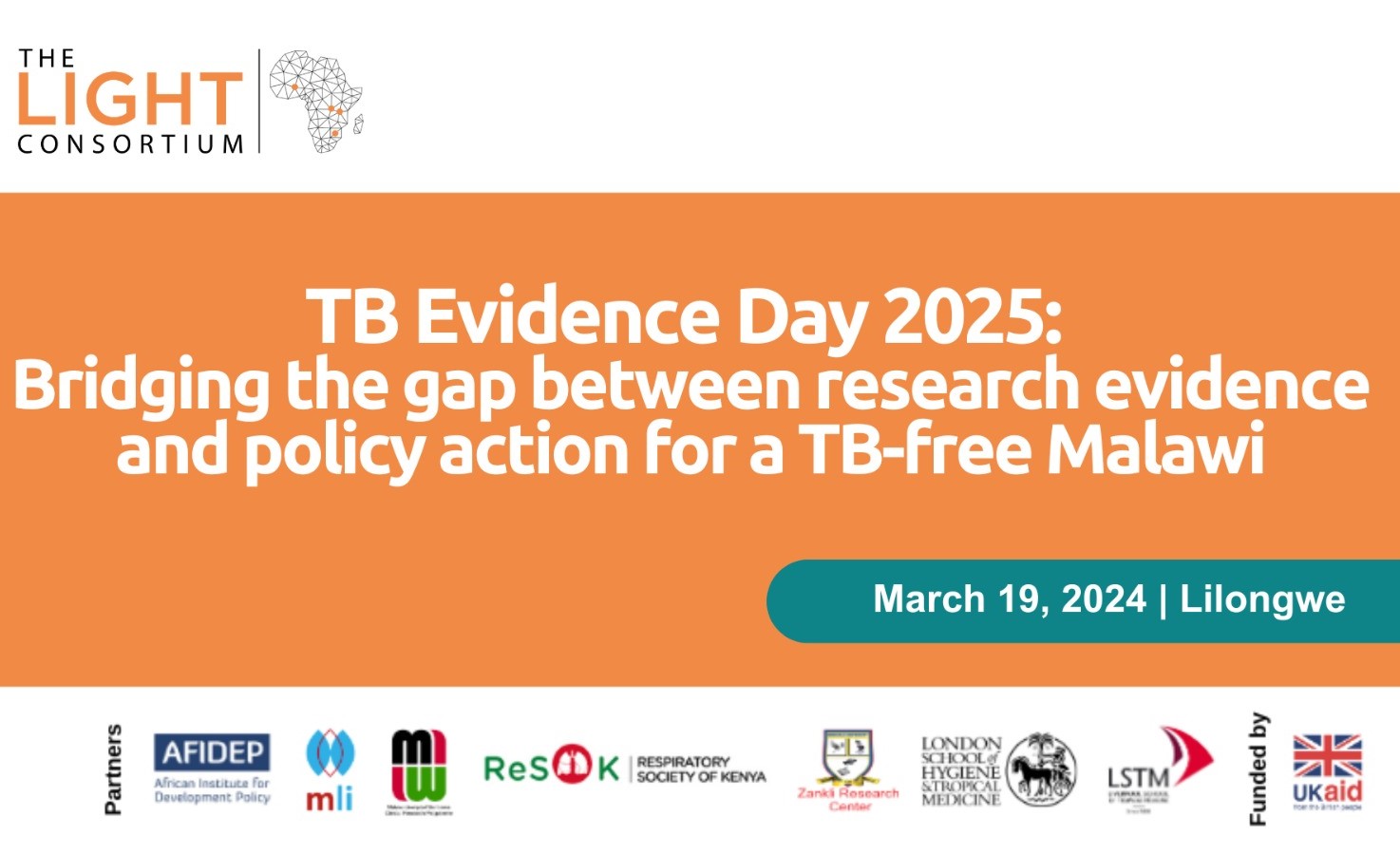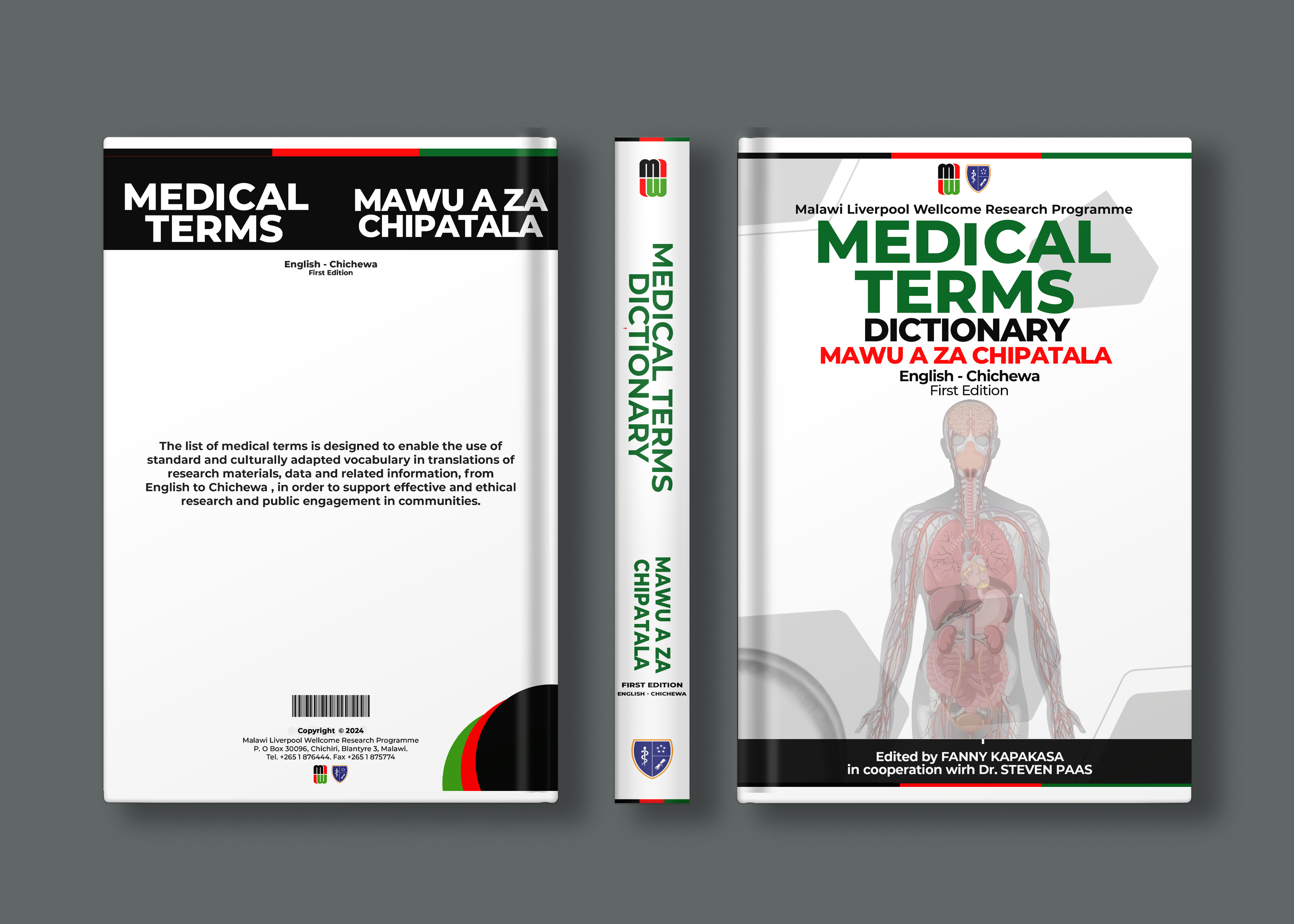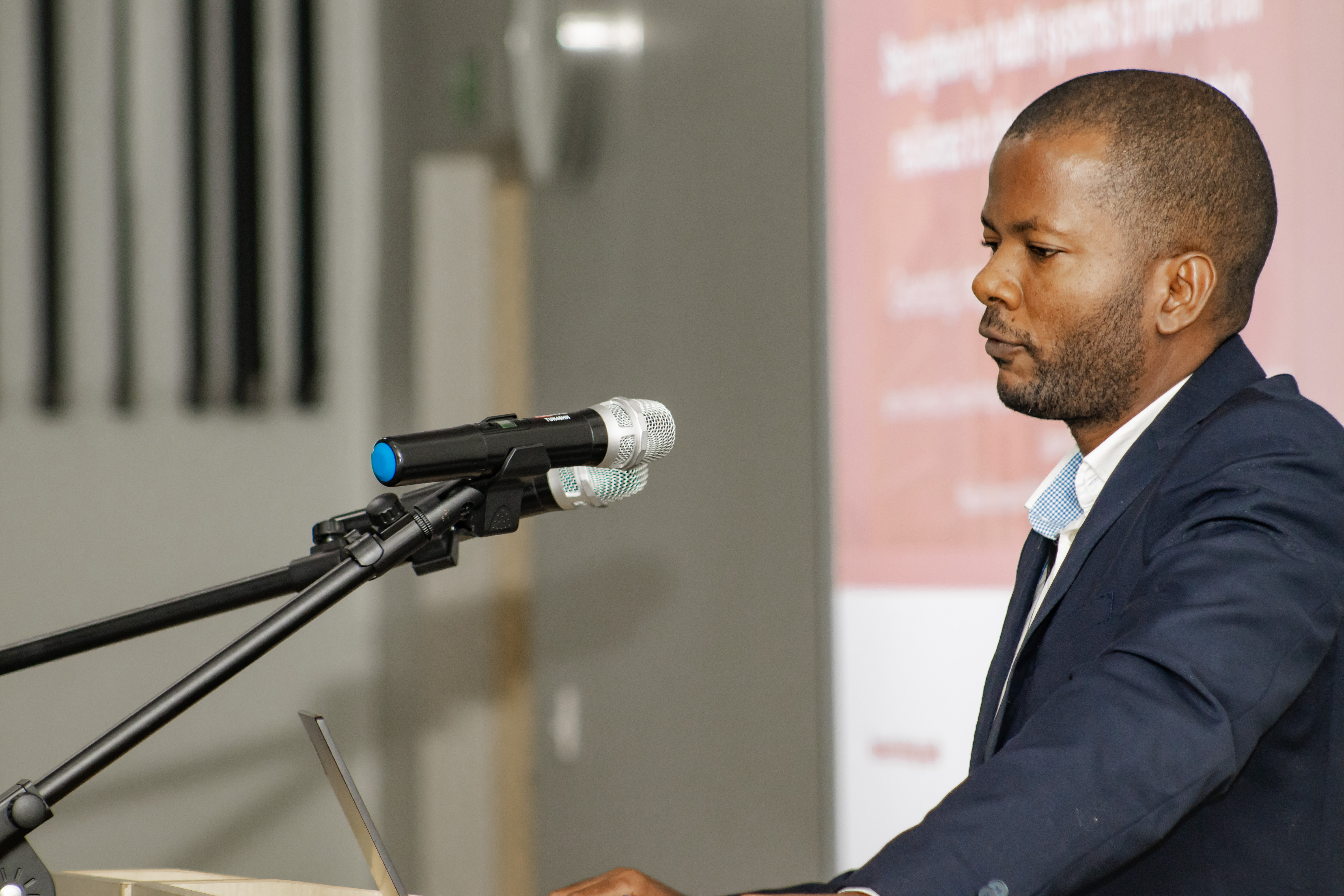In an effort to reduce child mortality, Achieving Sustainable Primary ImProvement and Engagement in Health (ASPIRE) project at Malawi Liverpool Wellcome Trust Clinical Research Programme (MLW) has donated emergency medical equipment and supplies worth K11 million to 11 health centres in Blantyre and Chikhwawa district where the project is implementing its interventions.
Speaking at the function which took place at Ndirande Health Centre, the project coordinator, Mtisunge Gondwe said that the project saw the gap in terms of emergency treatment at the facilities.
“Looking at the gap which was there when a child has presented with emergency signs, there was insufficient emergency equipment and supplies to assist the children. The majority of sick children were referred to QECH in an unstable condition. As a consequence, some children could die on the way while others would reach Queen Elizabeth Central Hospital (QECH) in a worse condition. With the equipment and supplies, children presenting with emergency signs will be stabilized at the health centre whilst waiting for an ambulance to pick them to the referring facility, QECH. Since the start of the project in 2012, the time which patients wait to be seen by a medical practitioner has drastically been reduced. “Patients who are critically ill are able to see a doctor in less than 30 minutes and if they have priority signs, they are able to see a doctor within an hour,” she said.
In expressing joy and gratitude to what the project has done, Blantyre District Health Officer, Dr Medson Matchaya said that the equipment has come at the right time considering the challenges that exist in addressing emergency cases.
“In medicine, there is a terminology called golden hour, this is the time when the parent has recognized some signs and symptoms of illness in the child to the time the child is seen by a doctor. This period of time is very critical as it determines the outcome of the condition of the child. So with these valuable equipment, this golden hour will tremendously improve as all the critically ill children will be assisted in time since all emergency equipment are available at the facility.”
The Chipatala robot project (so named after the traffic lights system) is being implemented in 8 health centres of Blantyre and 2 health centres and 1 district hospital in Chikhwawa and aims at ensuring that sick children are categorized according to the severity of their illness instead of being assisted on a first come first seen basis. It targets children between the ages of 0-14 years presenting at facilities.
Among the items that have been donated to the health centres include; oxygen concentrators, suction machines, pulse oximeters, nebulizer machines, thermometers, glucometers, feeding tubes, oxygen delivering tubes, drug trolleys and weighing scales. All these are vital and standard in ensuring that health workers can handle a patient whose condition deteriorates.



